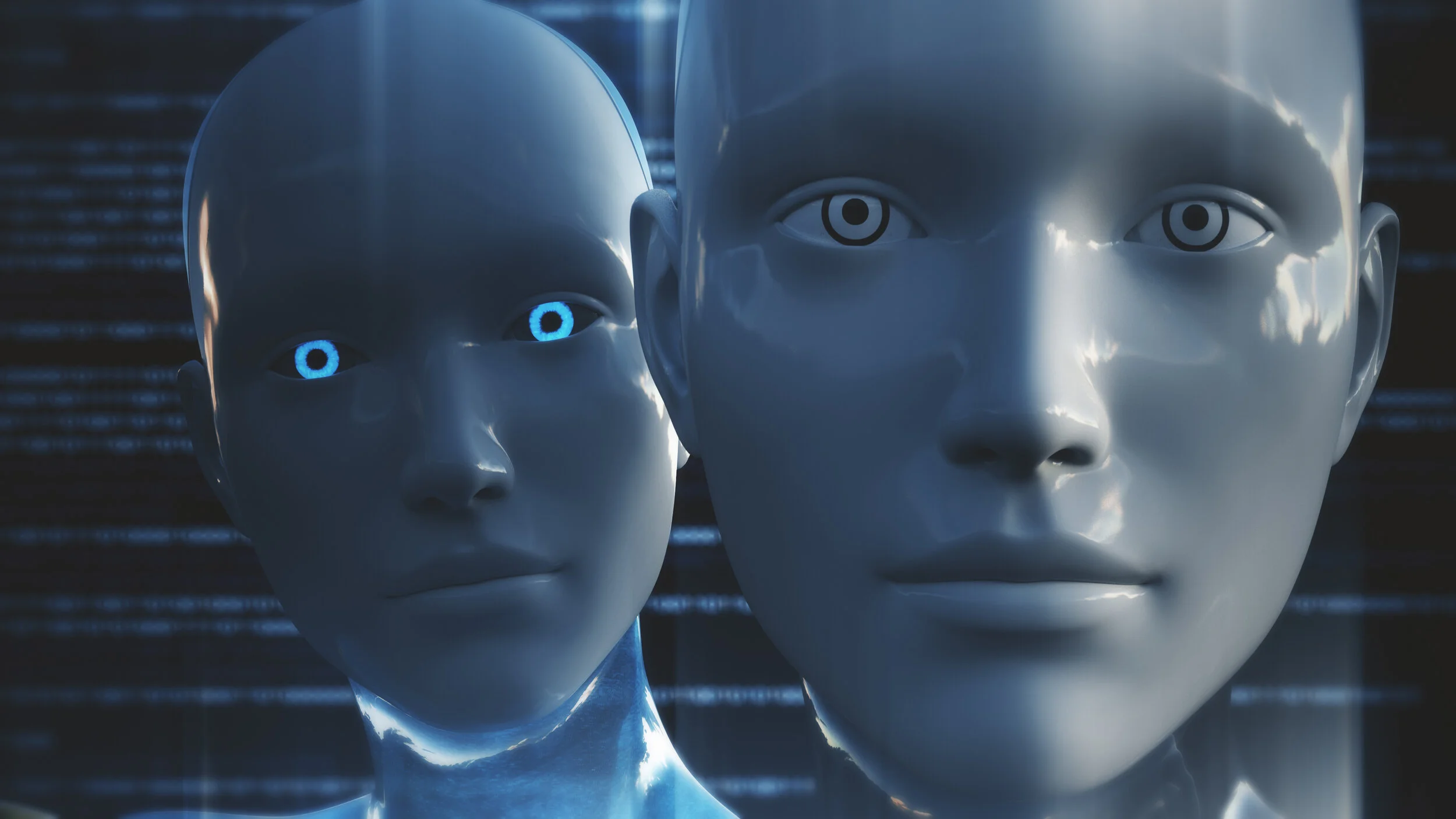Gender Identity and Pronouns
The challenges of writing about a world where gender has been abolished.
For primarily literary reasons, I decided to make the suppression of sexual identity a major aspect of the Panglobal civilization depicted in this book. It is difficult to come up with a form of oppression more likely to provoke resistance and rebellion, nor one which requires more intrusive spying and prying to uncover. It was therefore an excellent theme to introduce into a dystopian novel; it provides plenty of conflict to drive the plot forward, and abundant hooks to bring various aspects of the oppressive state into focus.
The question, then, was what sort of identity oppression to introduce? I could posit a society in which homophobia has made a massive comeback, but as a straight man I’d be in a poor position to write about it. What about flipping the script, making homosexuality the norm and heterosexuals an oppressed minority? Nope, not going there; it might be perceived as catering to some sort of ‘straight pride’ movement.
Then I hit on the idea of a society which suppresses all notions of gender. Do you refuse to sleep with ‘innies?’ Are you disinterested in ‘outies?’ Then you’re a Genderist, a horrible, evil, selfist person who only cares about what kind of genitals a person has. But it gets worse: in order to keep the evils of this ‘perverted lifestyle’ at bay, everyone must maintain an androgynous appearance, lest one tempt a Genderist to spring from the dark and seduce you with their evil ways.
And never – ever – divulge your own gender or that of another person.
Icky. And perfect: a society where almost everyone is a pervert!
Those Pesky Pronouns
An interesting idea, but how do I write about such a world? It should be obvious that I could not use ‘he’ and ‘she’ in the usual fashion; the very existence of those as different words contradicts a fundamental social assumption of this world. What then to do? I refuse to use any of the recently made-up pronouns; they don’t feel natural to me and it is therefore difficult for me to incorporate them into my writing. I tried ‘they/their/them,’ but the results were less than satisfactory due to the singular/plural ambiguity they introduce, and again I have to live within my own comfort zone in terms of language use. I certainly wasn’t going to use ‘he’ throughout.
That left only ‘she.’ I tried it, and I found that it worked. Therefore, in the narration and in all dialog spoken in Panglobal, everyone is referred to as ‘she,’ even obviously male characters.
Now, how do I explain this to the reader? To solve this problem, I added the ‘Notes on the Translation’ to the front of the book. This posits that the book has been ‘translated’ from the future Panglobal language, which lacks gendered pronouns, and that I have arbitrarily used ‘she’ in all cases. I think it a reasonable conceit, one which is entirely compatible with the norms of Panglobal society.
I then discovered something interesting: the power of pronouns. Even though I explicitly state up front that ‘she’ should not be interpreted as conveying gender, and even though I use ‘she’ for unambiguously male characters at several points, there is still a tendency to assume that everyone is female.
Interesting.


